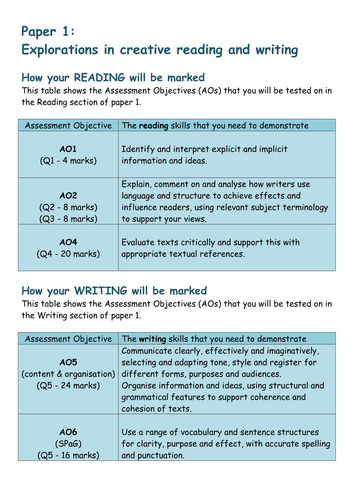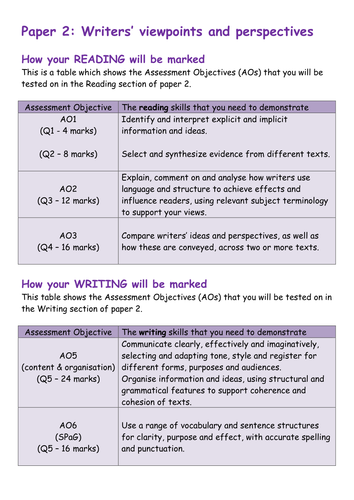Quirky Whiskers Lead English Teacher & Assessor
I am a Lead English Teacher within a pupil referral unit who is passionate about developing creative and inspiring teaching materials to meet the needs of a diverse and often marginalised student profile. My resources are highly engaging whilst maintaining a strong level of academic challenge. They grip hard to reach students and produce excellent outcomes. Every resource has been tried and tested for success before uploading to my TES shop. Check out my reviews!











